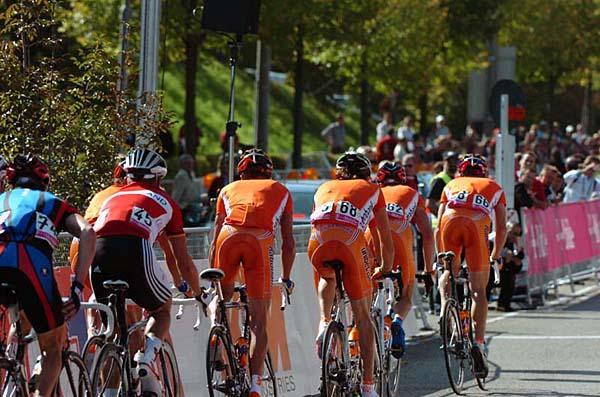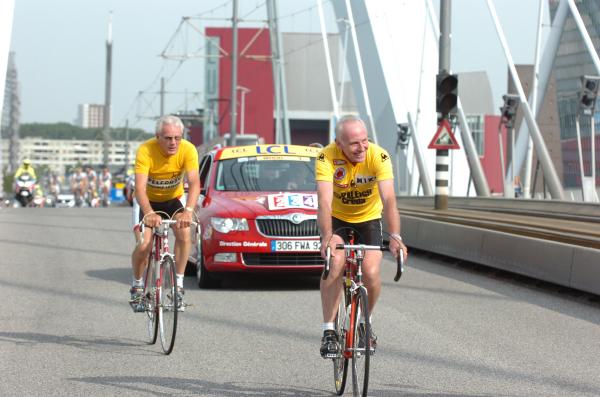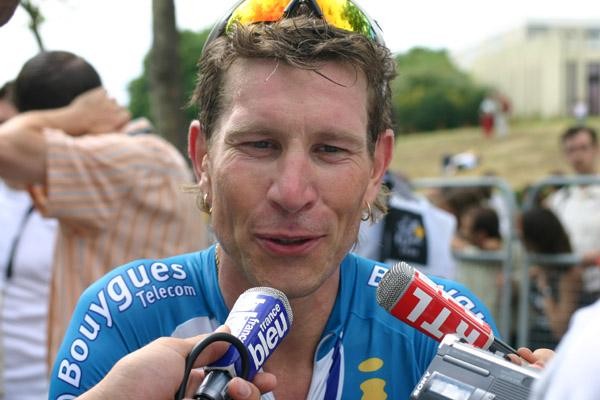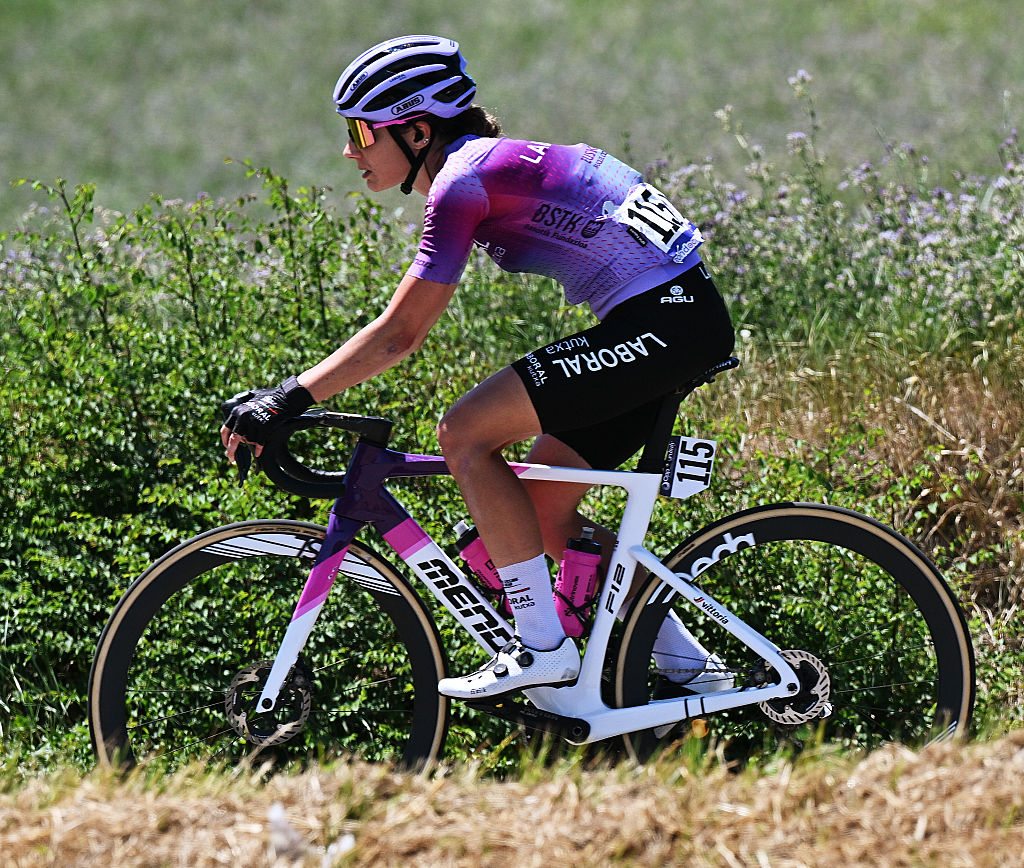France and Netherlands battling for full complement Worlds
Second consecutive year of reduced representation on the cards



France and the Netherlands face lining up with a reduced complement of riders at the World Championships Road Race for the second year in succession. The allocation of places for the event in Melbourne will be finalised based on the UCI’s world rankings of August 15. As things stand, with both nations lying outside of the top ten in the national standings, they will have only six riders on the start line as opposed to the full quota of nine.
The current top ten as per the classification calculated after the Tour de France are Spain, Italy, Belgium, Australia, USA, Russia, Luxembourg, Switzerland, Germany and Kazakhstan. Meanwhile, France and the Netherlands lie in 11th and 12th place respectively.
According to UCI regulations, a nation ranked in the top ten is entitled to field up to nine riders provided that it has as many riders competing on the World calendar. Accordingly, Luxembourg, although in 7th place in the standings, would field just six riders in the road race in Melbourne. However in such a scenario the three “free” slots will not fall to the nation in 11th place, meaning that France and the Netherlands must move up the rankings in order to increase the size of their squads.
The last update of the rankings before the announcement of the make-up of the world championship peloton comes on August 15, thus the French and Dutch federations will need their riders to obtain significant results at the Clasica San Sebastien, Tour of Poland or Vattenfall Cyclassics to have any chance of starting on a level pegging with the likes of Italy and Spain.
France currently has 311 points while the Netherlands has 303. Switzerland (355 points), Germany (343) and Kazakhstan (340) are just about in range to be overhauled, although it will require an exceptional series of results in the three remaining events. The UCI’s nation classification is calculated by adding the points tallies of the top five riders of each country.
The French total is distributed rather evenly between Jean-Christophe Peraud, Sandy Casar, Jerome Coppel, Christophe Riblon and Nicolas Vogondy. In a rather more worrying trend the Netherlands’ placing is due largely to the efforts of Robert Gesink, whose 225 points dwarfs the next-placed Michel Kreder’s tally of 34.
After a lengthy period in which the traditional cycling nations fielded twelve riders in the World Championships, the past decade has seen the UCI set about altering the regulations to give more space to cycling’s emerging nations at its showpiece event. In 2005 the top nations’ rosters were cut from twelve to nine, and last year both France and the Netherlands were forced to line up with just six due to their slide in the world rankings, a situation that could well be repeated this season.
The latest race content, interviews, features, reviews and expert buying guides, direct to your inbox!
It is suggestive of a deeper malaise in both French and Dutch cycling, at least in terms of the World Championships. France’s last win in the men’s road race came from Laurent Brochard in 1997 while it is a quarter of a century since the Netherlands’ last rainbow jersey, Joop Zoetemelk in 1985. The last decade has seen the event dominated by Italy and Spain.
Outside of the ten nations at the head of the world rankings, the remainder of the places at the road race in Melbourne will be allocated according to the various continental standings. The top sixteen European nations not in the top ten of the World Tour rankings are entitled to enter teams, along with the top two from the UCI Africa Tour, the top five from the UCI America Tour, the top three from the UCI Asia Tour and the highest ranked nation in the UCI Oceania Tour. Additional places will be awarded to UCI ProTeam riders from nations which do not otherwise qualify.

